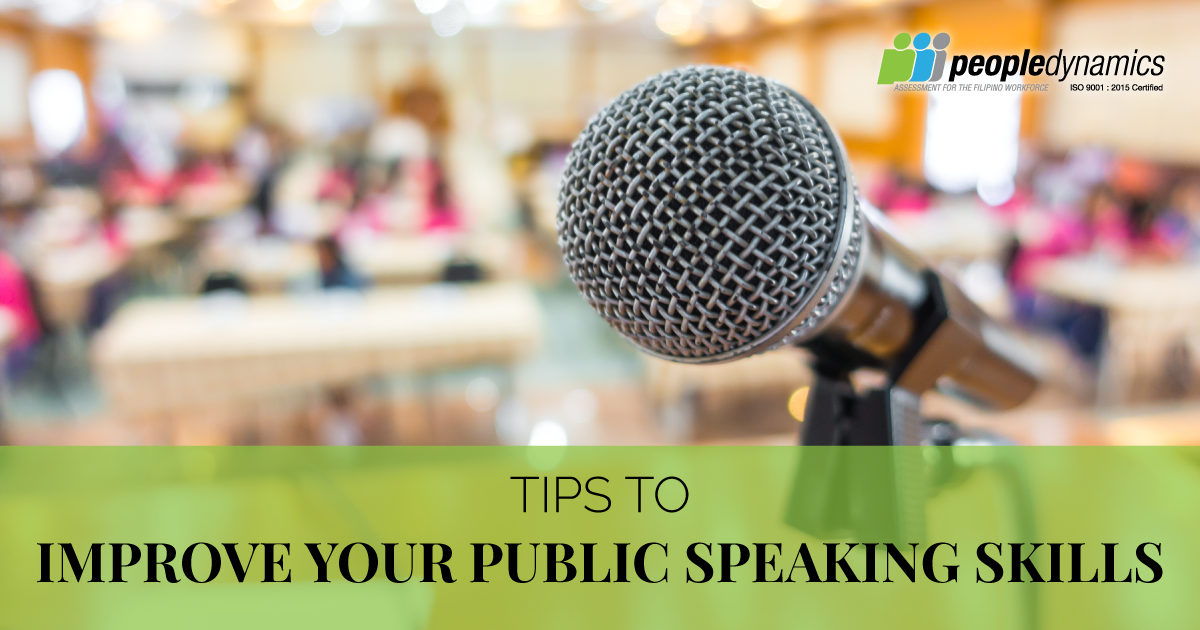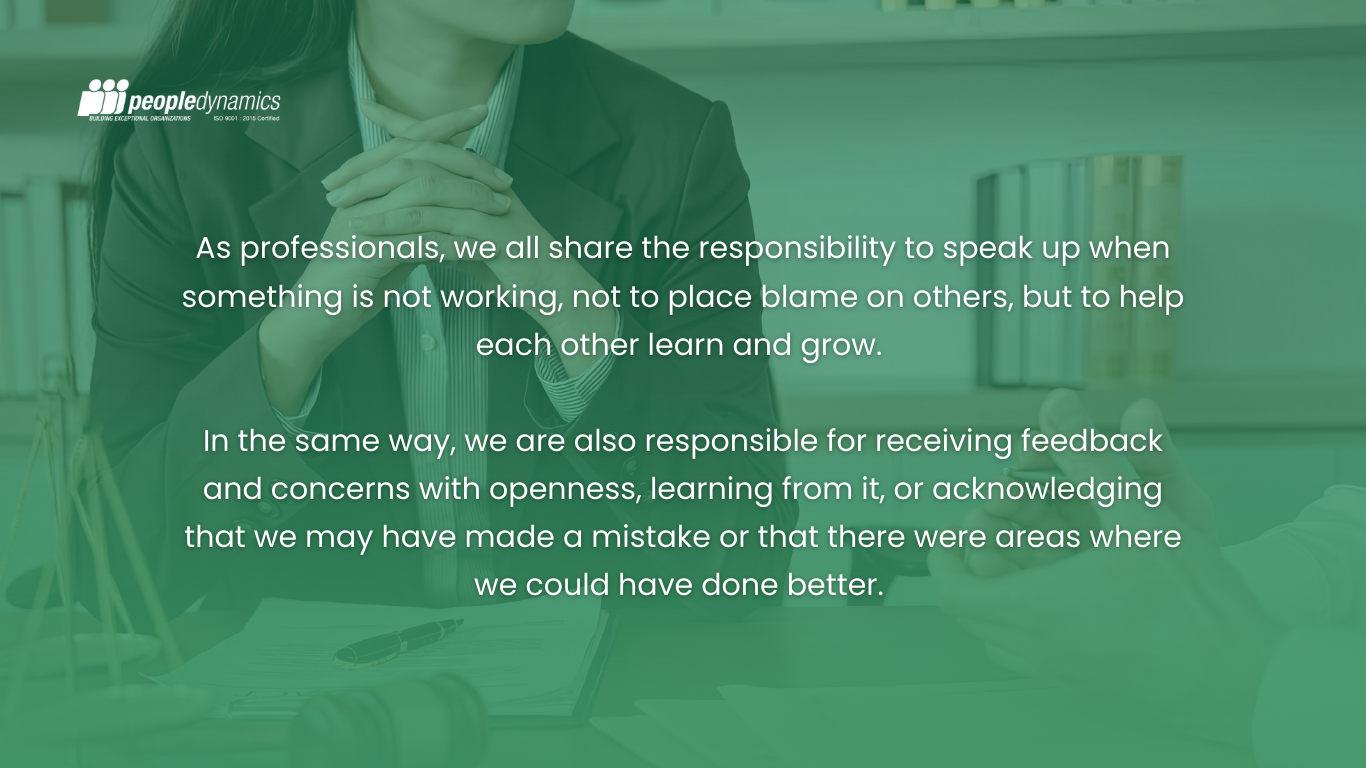Most people experience some level of speech anxiety when they have to speak publicly. In fact, many people’s greatest fear is public speaking. This fear is called glossophobia. And while this is one of the most common fears, it leads to a lack of success when you do nothing about it. Here are some tips to improve your public speaking skills!
Tips to Improve Your Public Speaking Skills
Experiencing nervousness is normal
Nearly everyone gets nervous when they have to give a speech or a presentation, even experienced speakers. Overcoming your fear with public speaking doesn’t necessarily mean that you won’t get nervous whenever you need to do it. It just means that you now know how to handle your anxiety and nerves. Don’t let your nerves get the best of you. Most of your nervousness is, in fact, not visible to the audience. Take comfort and confidence that you’re the only one who knows how nervous you are.
Know who you’re speaking to
Just like how you need to know who you’re writing to—a relevant tip for business writing—knowing who you’re speaking to is important. Different types of people communicate in different ways. Remember: as much as it is your speech, the message is for them.
Deliver your message the best way it can be understood by your audience. Before you write your speech or presentation, learn as much as you can about your listeners.
Prepare, organize, and practice
The best way to overcome your anxiety is to prepare, prepare, and prepare. One of the hardest things for a speaker to deal with is a surprise. The more you know about your speech and the more you ready yourself, the lesser your nervousness will be. Also, organize your thoughts. Create an outline or framework of the points that you need to discuss. This way, you’ll have a proper flow of the message you wish to deliver and create a more impactful approach. Remember: you need to capture your audience’s attention in the first 30 seconds!
And, practice. To improve your public speaking skills, practice delivering your speech at least 7-10 times before your actual presentation. It’s also best to practice in front of a mirror so that you can see your facial expressions and gestures, or video yourself. Timing yourself is also good so that you can expect how long your speech will be. Keep in mind that most people tend to speak faster in front of an audience.
Use your voice and body language effectively
In communicating, you need to make sure that the message you send is interpreted the way you mean it. Otherwise, conflict will happen That’s why, if you wish you to improve your public speaking skills, you need to use your voice and master the art of body language. Use gestures and the tone and volume of your voice to emphasize points in your speech.
Maintain eye contact with the audience. Don’t just stare into space and wishing that you’ll be done quickly, instead engage with your audience using your eyes. And, remember to smile!
Be Authentic
Lastly, be authentic. Let your personality shine through your speech. You’ll be able to gain the trust of the audience if they see you as a real person and not just a talking head. Use humor and tell interesting anecdotes to add a personal touch to your message.
Public speaking is not about delivering a perfect speech. Good communication is never perfect, and nobody expects you to be perfect. You may not be able to be completely nerves- and anxiety-free, but with the tips listed above, you can minimize and handle them!




